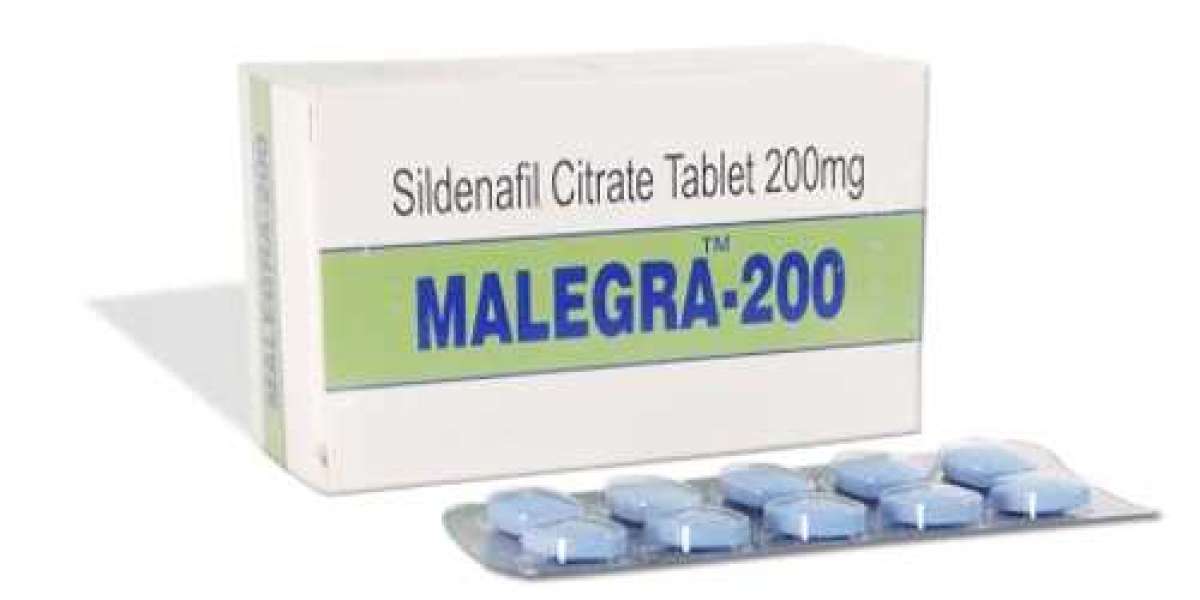Attention Deficit Hyperactivity Disorder (ADHD) is a complex neurodevelopmental disorder that affects millions of individuals worldwide. The treatment of ADHD has evolved significantly over the years, incorporating a variety of approaches to address the unique needs of each patient. In this article, we will explore the latest advances in ADHD treatment, focusing on medications and alternative therapies.

Medications for ADHD
Medications remain a cornerstone in the treatment of ADHD. They primarily fall into two categories: stimulants and non-stimulants.
- Stimulants: These are the most commonly prescribed medications for ADHD. They work by increasing the levels of certain neurotransmitters in the brain, which helps improve focus and reduce impulsivity. Examples include methylphenidate and amphetamines.
- Non-stimulants: These medications, such as atomoxetine and guanfacine, are often used when stimulants are ineffective or cause undesirable side effects. They can also be beneficial for individuals with co-existing conditions.
Are you aware that the effectiveness of these medications can vary significantly from person to person? Therefore, it is crucial for healthcare providers to tailor the treatment of ADHD based on individual responses and needs.
Behavioral Therapies
In addition to medication, behavioral therapies play a vital role in the treatment of ADHD. These therapies aim to modify specific behaviors and improve social skills. Some effective approaches include:
- Cognitive Behavioral Therapy (CBT): This therapy helps individuals identify negative thought patterns and develop coping strategies.
- Parent Training: Educating parents on effective management techniques can significantly improve the home environment for children with ADHD.
- Social Skills Training: This approach focuses on enhancing interpersonal skills, which can be particularly beneficial for children.
When combined with medication, these therapies can lead to improved outcomes in the treatment of ADHD.
Alternative Treatments
Many individuals seek alternative treatments for ADHD, often in conjunction with traditional methods. Some popular options include:
- Dietary Changes: Some studies suggest that certain dietary modifications, such as reducing sugar intake or incorporating omega-3 fatty acids, may help manage symptoms.
- Mindfulness and Meditation: These practices can improve focus and emotional regulation, making them valuable tools in the treatment of ADHD.
- Exercise: Regular physical activity has been shown to enhance concentration and reduce hyperactive behaviors.
While alternative treatments can be beneficial, it is essential to consult with a healthcare provider to ensure they complement the primary treatment of ADHD.
Conclusion
The landscape of ADHD treatment is continually evolving, with new research and therapies emerging regularly. Understanding the various options available, including medications, behavioral therapies, and alternative treatments, is crucial for effective management. For more information on specialized ADHD providers, visit  .
.
In summary, the treatment of ADHD requires a comprehensive approach tailored to the individual. By staying informed about the latest advances, patients and families can make empowered decisions that lead to improved outcomes.








